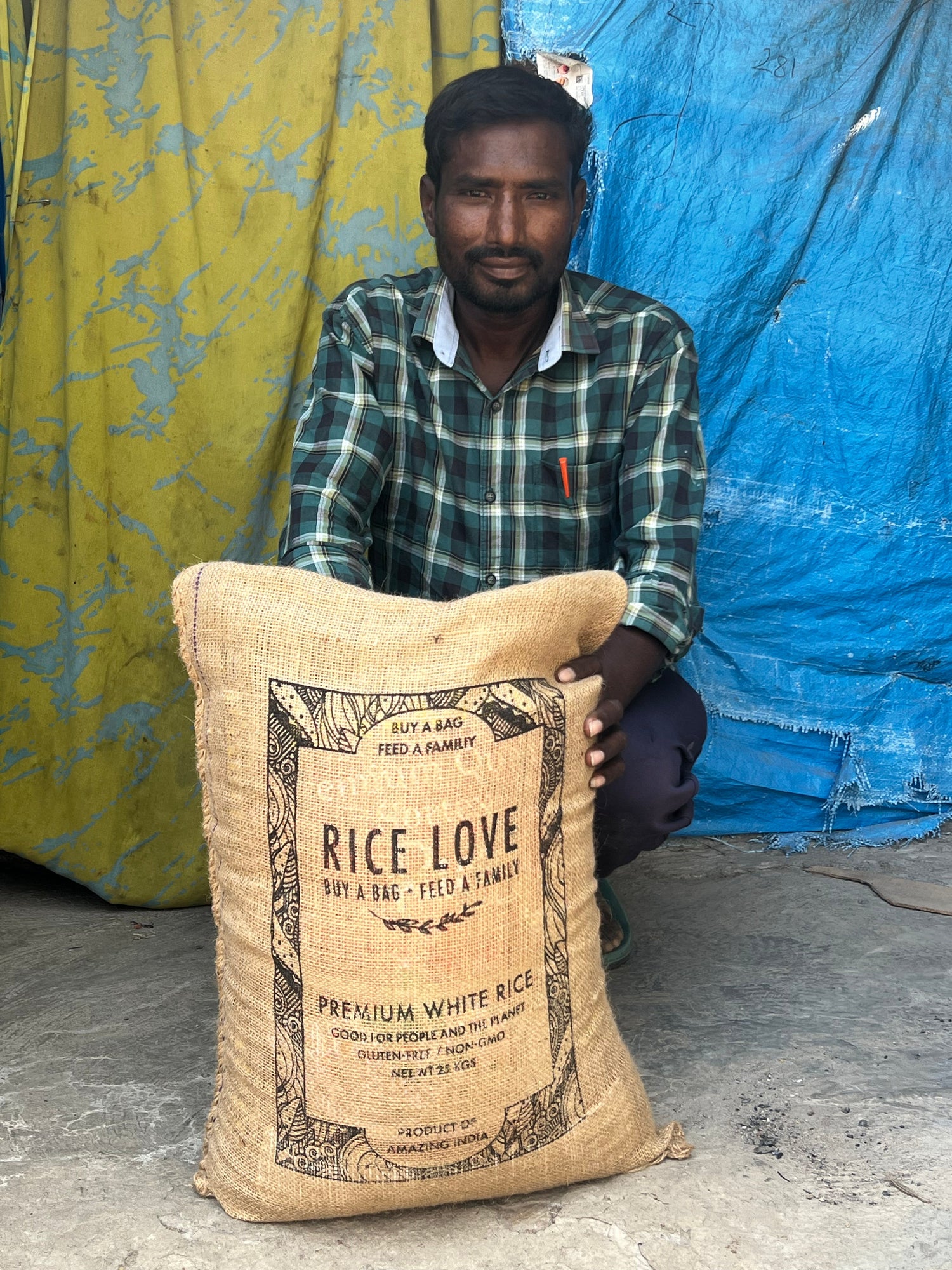
In our fast-paced world, the concept of ethical consumerism has gained remarkable momentum. It's a movement that encourages us to make purchasing decisions that reflect our values—caring for the environment, supporting local communities, and promoting fair trade. This guide delves into the philosophy of ethical consumerism and offers actionable insights to help you make a real difference with your everyday purchases.
Understanding Ethical Consumerism
Ethical consumerism is about recognizing the impact of our spending habits. It's an approach to purchasing where we consider not only the quality and cost of a product but also how it's made, who made it, and its environmental footprint. Essentially, it’s about voting with your wallet for a fairer, more sustainable world.
The Importance of Consumer Awareness
Building awareness is the first step towards becoming an ethical consumer. This involves understanding the life cycle of the products you consume—how they are sourced, manufactured, and distributed, including their impact on the planet and people involved in their production. Staying informed empowers you to make choices that align with your personal values.
Key Principles of Ethical Consumerism
- Transparency: Choose brands that provide clear information about their sourcing and labor practices.
- Fair Trade: Support products that ensure fair wages and safe working conditions for workers in developing countries.
- Eco-Consciousness: Opt for products made with sustainable materials and processes to reduce your carbon footprint.
- Cruelty-Free: Select products that avoid animal testing and support animal welfare.
How to Identify Ethical Brands
Identifying ethical brands requires a bit of research, but with resources like the Good On You app or checking for certifications such as Fair Trade, B Corps, or Cruelty-Free International, you can easily spot companies that meet ethical standards.
Evaluating Brand Claims
Many brands claim to be sustainable or ethical, but such claims can sometimes be misleading. Scrutinize these claims by looking for tangible proof, such as third-party certifications or detailed sustainability reports. It's also beneficial to read customer reviews for real-world insights into the brand's practices.
At Rice Love, we take a different, more hands-on approach to making a difference. For every bag we create, we donate 1 kilogram of rice directly to a family in need. To ensure transparency and foster a personal connection, each bag comes with a unique tag number that you can use on our website to see the exact family your purchase has supported. This way, you know the impact you’re making is real, tangible, and truly life-changing.

Explore our Recycled Travel Tote
Simple Ways to Be an Ethical Consumer
Transforming into an ethical consumer doesn’t happen overnight. Here are some steps to help guide your journey:
Start Small
Gradually incorporate ethical products into your routine. Start by replacing a single item, like your backpack or tote, with a sustainable alternative. For instance, you could choose a product from our One of a Kind Backpack Collection.

Support Local and Small Businesses
Choose local markets and small businesses over large corporations. These businesses often prioritize sustainable practices and contribute directly to the local economy, making your purchase even more impactful.
Be Conscious of Packaging
Packaging plays a significant role in waste production. Aim to buy products with minimal or sustainable packaging to reduce unnecessary waste. Innovations such as reusable bags or biodegradable materials are making this easier than ever.
The Role of Technology in Ethical Consumerism
Technology can be a powerful ally in ethical consumerism. It connects us with information and tools that help us make informed decisions. Apps and websites that compare brands and products based on their ethical practices can be invaluable in guiding our purchases.
Using Tech to Track Impact
Apps can also help trace the social and environmental impact of your purchases. By providing transparency in supply chains, technology empowers consumers to allocate their budgets towards positive change more effectively.
Conclusion
Becoming an ethical consumer is a journey of making informed and conscious choices. Each purchase is an opportunity to advocate for change and contribute to a better world. Companies like Rice Love are committed to this movement, not only offering sustainable products but also using each sale as a step toward ending global hunger. You’re not just buying a product; you’re joining a community of like-minded individuals striving to make a difference. Join us at Rice Love in pursuing sustainable change and heartfelt giving through every purchase.




